Water filtration is the process of lowering or removing the concentration of particulate matter from contaminated water to create safe and clean water for a specific use, such as drinking, medical, or pharmaceutical applications. The filters clean the water through the removal or reduction of suspended particles, bacteria, parasites, viruses, algae, and fungi at various levels of efficiency. Read More…
Our company is the filtering systems expert. We know everything there is to know about filtering liquids and oils for many industries ranging from the petrochemical industry to waste water management. It is our goal to provide customized solutions that you can trust and rely on every day. You will find that our attention to detail and superior service can help you in multiple ways. Contact us to...

At Dynamic Air Inc., we specialize in providing advanced filtration systems designed to meet the diverse needs of industries worldwide. Our team is committed to delivering high-performance products that ensure air quality and system efficiency. We design and manufacture a wide range of filtration solutions, including air filters, dust collectors, and ventilation equipment, tailored to enhance...

At Camfil APC, we are driven by a commitment to cleaner air and a healthier environment through the design and manufacture of advanced industrial filtration systems. As a global leader in air pollution control, we specialize in developing dust, mist, and fume collection solutions that protect workers, improve manufacturing efficiency, and ensure regulatory compliance.
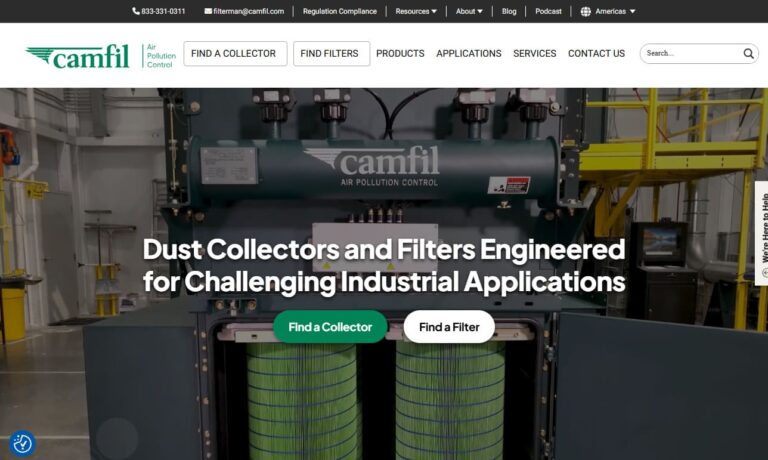
At All American Air Filters, we take pride in delivering high-performance filtration solutions that protect air quality, extend equipment life, and support healthier environments across industrial, commercial, and institutional settings. Our expertise spans the design and manufacture of advanced air filtration systems engineered to capture contaminants, control particulates, and maintain optimal...
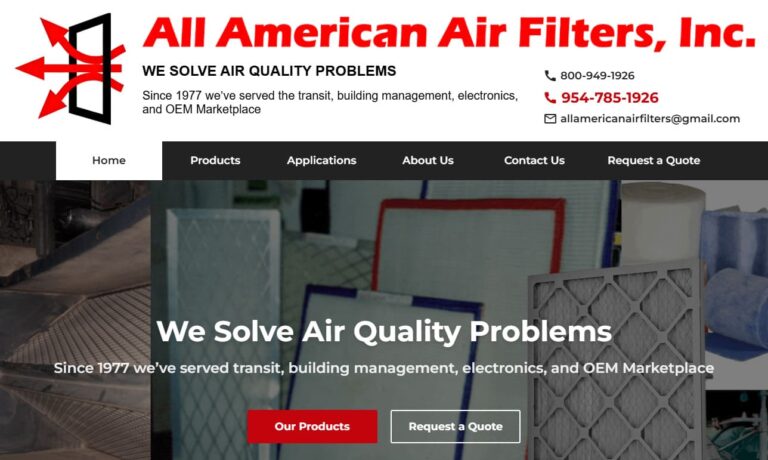
At Freudenberg Filtration Technologies, we dedicate ourselves to advancing air and liquid filtration systems that safeguard people, processes, and the planet. We combine decades of expertise with continual innovation to create solutions that enhance air quality, improve operational efficiency, and protect valuable assets.
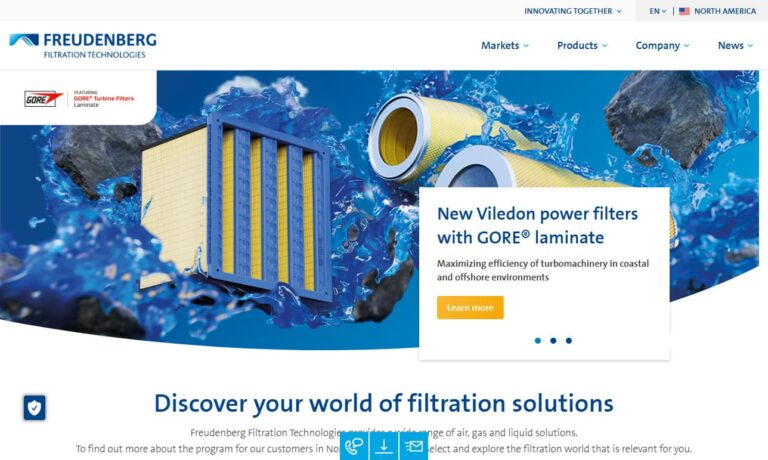
More Water Filtering System Manufacturers

Residential water filtration systems use thin film composites to prevent even the smallest microscopic bacteria from entering treated storage units while letting clean water pass through. An enormous surface area of sediments filter and trap pollutants as water is forced through this material. Lead and other volatile substances are then drawn to an activated carbon filter like a magnet. Finally, any remaining chlorine-containing compounds are minimized and reduced by chemical processes occurring within the filtration system.
For filtration to take place, a basic water filtering system needs to have four essential parts- a fluid with suspended solids, a filter media (like activated carbon or ultraviolet light) to separate solid impurities from a fluid, a force typically produced by the pressure differential between two places, and a mechanism (the filter) that holds the material to be filtered from the fluid while permitting the driving force required for filtration to work. The result of the filtering process is a mass of solid material known as a cake. Special features in the system allow for the removal, cleaning, and drying of the created cake.

There are two distinct categories of filter barriers. One form consists of filters containing thin barriers, which are frequently represented by filtration screens, filtration cloths, or the standard filter paper used in laboratories. A thin filter features a single barrier that has openings that are smaller than the particles that need to be removed from the fluid. The second form is frequently used for industrial purposes to filter fluids that contain gelatinous precipitates using thick barriers which are typically made of sandfill beds, porous metal, porous ceramics coke beds, or a precoat of other filter material.
Sometimes, a gelatinous cake might form and clog even a thick filter barrier. A sand bed might then be utilized as an additional filtering device. Occasionally, the particles to be removed from a fluid may be substantially larger than even a thick filter barrier can absorb. In these cases, the offending particles may flow through the filter medium for an extended time, but they will eventually become stuck in the tiny spaces found in the filter bed.
Types of Water Filtering System
There are five typical water filtration systems that are frequently used in commercial and industrial settings including ion exchange, mechanical, ultra-violet, reverse osmosis, and activated carbon/absorption methods. As the two oldest water filtration methods, we discuss the reverse osmosis and activated carbon/absorption methods in greater detail below.
Reverse Osmosis
Reverse osmosis is a method for removing dissolved particles from water, such as calcium or magnesium. High pressure and a semipermeable membrane are used to filter the water, leaving most of the impurities behind. The mechanical (sediment) filter and the absorption (activated carbon) filter are frequently used in conjunction with this highly-effective filtering system to remove as many pollutants from the water as feasible.

No electricity is required with this process because water pressure is used to force water through a filtering membrane. However, there is still a significant amount of wastewater that needs to be flushed down the drain. The reverse osmosis device is relatively expensive due to its dependence on requiring several water filters. Despite the fact that it is expensive, the technology filters the water to a point where it is almost entirely pure, allowing it to be used in nearly all applications that require water.
Advantages of Reverse Osmosis
- Reverse osmosis provides the most-effective filtering against the majority of water-borne pollutants.
- This process is able to drastically reduce or remove impurities like germs, iron, calcium, lead, cysts, mercury, and dissolved solids.
- It provides the cleanest, purest drinking water possible.
- Due to constant washing, a reverse osmosis membrane has an extended lifespan of 2 to 3 years.
Disadvantages of Reverse Osmosis
- Chlorine, certain organic substances, solvents, and volatile organic compounds are not removed.
- Reverse osmosis provides a relatively slow rate of water filtering.
- This filtration process produces a lot of brine (wastewater).
- Reverse osmosis reduces the pH level of the water and removes key minerals in it.
- A water tank is required to store filtered water.
- Reverse osmosis is unable to treat chlorinated tap water on its own.
- This process comes at a higher price than other water filtration methods.
Absorption Water Filtering System
Carbon is frequently utilized in this kind of water filtering system because it is excellent for gathering and capturing pollutants found in water. Using this water filtration process, chemical contaminants found in water simply become trapped in the nooks and crannies of carbon’s densely-packed surface. Granular-activated carbon can also absorb odors and undesirable tastes from the water. Blocks of carbon, which are normally more effective at filtration and have a micron rating (the size of particles trapped by a filter) better suited for particle removal, are used to line the more expensive filters. Wood or coconut shells are among alternative materials that can be used in place of carbon.

Advantages of Absorption Filtration
- This water filtration process is inexpensive.
- No chemical additives are added during absorption filtration.
- Absorption filtration can be considered as a green technology.
- There is only minimal pH level change using this process.
- Absorption filtration provides a long filter life.
- Absorption filtration provides a high flow rate of water filtration.
Disadvantages of Absorption Filtration
- This process provides weak filtering for tiny pollutants.
- Due to loose carbon granules, water channeling issues could occur.
- Carbon granules' reduced density could encourage bacterial growth.
- Absorption filtration cannot get rid of viruses.
- Absorption filtration is unable to eliminate many minerals and dissolved substances.
Choosing the Right Water Filtering System Supplier
For the most productive outcome when purchasing a water filtering system from a water filtering system supplier, it is important to compare several companies using our directory of water filtering system suppliers. Each water filtering system supplier has a business profile page highlighting their areas of experience and capabilities, along with a contact form to directly communicate with the supplier for more information or to request a quote. Review each water filtering system supplier business website using our proprietary website previewer to quickly learn what each company specializes in. Then, use our simple RFQ form to contact multiple water filtering system businesses with the same form.

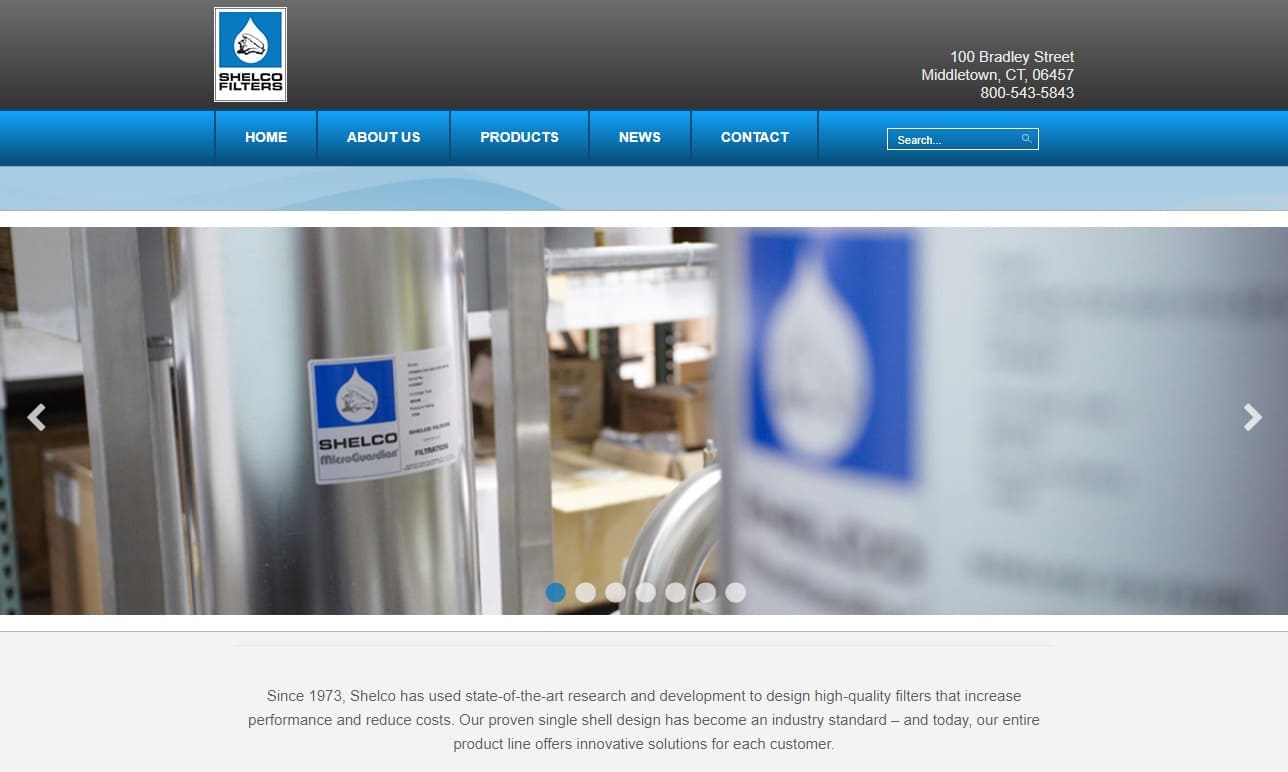

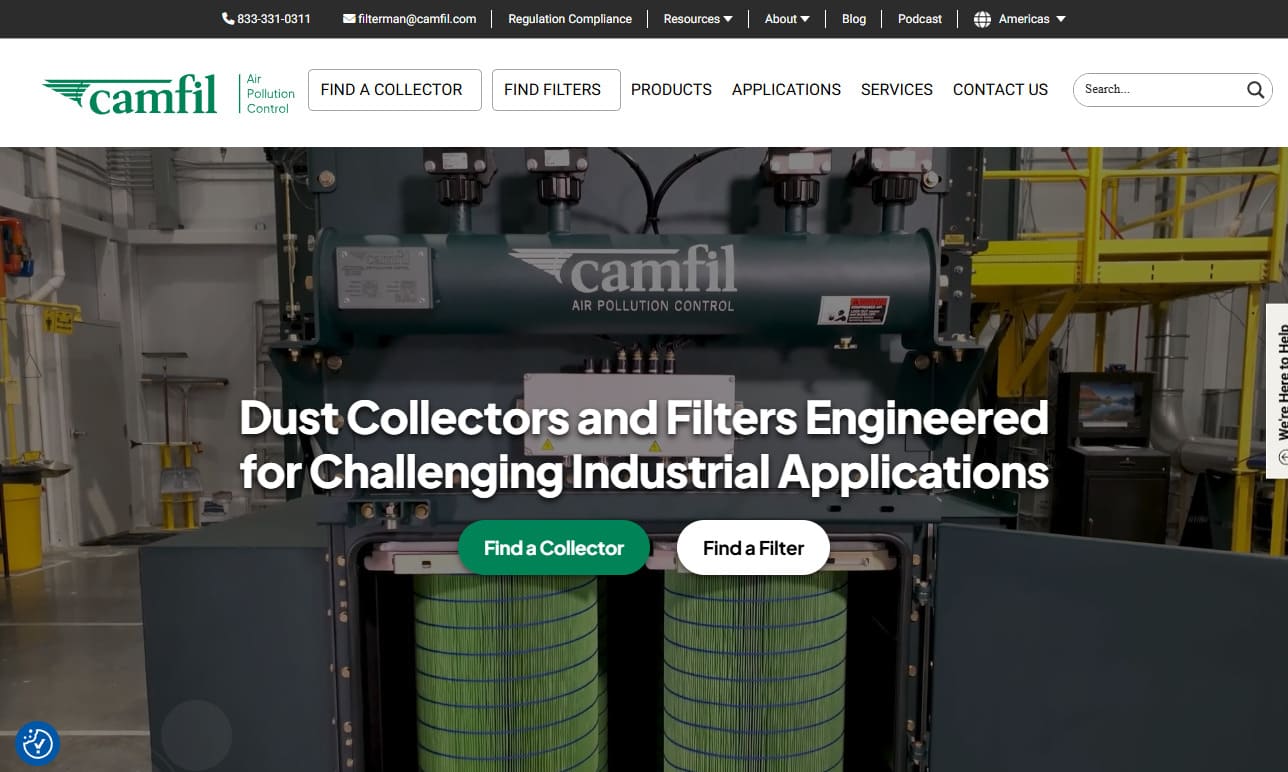
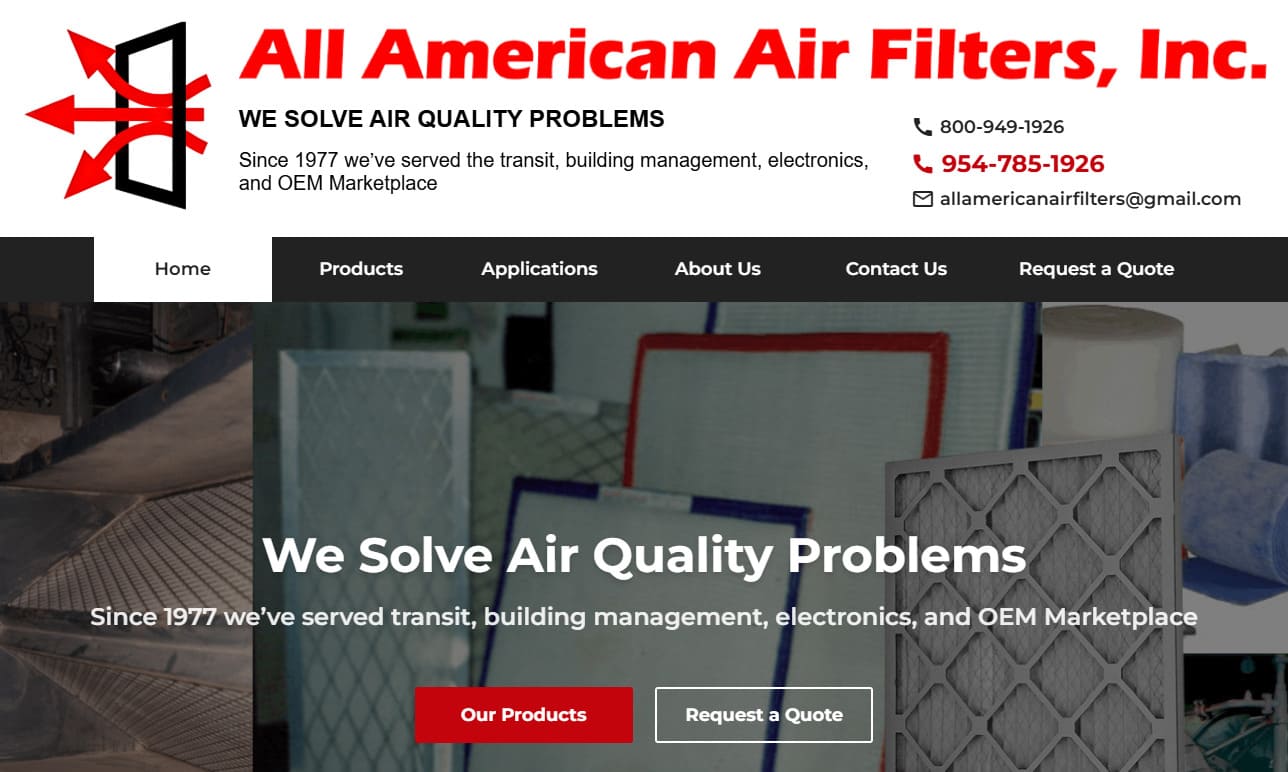
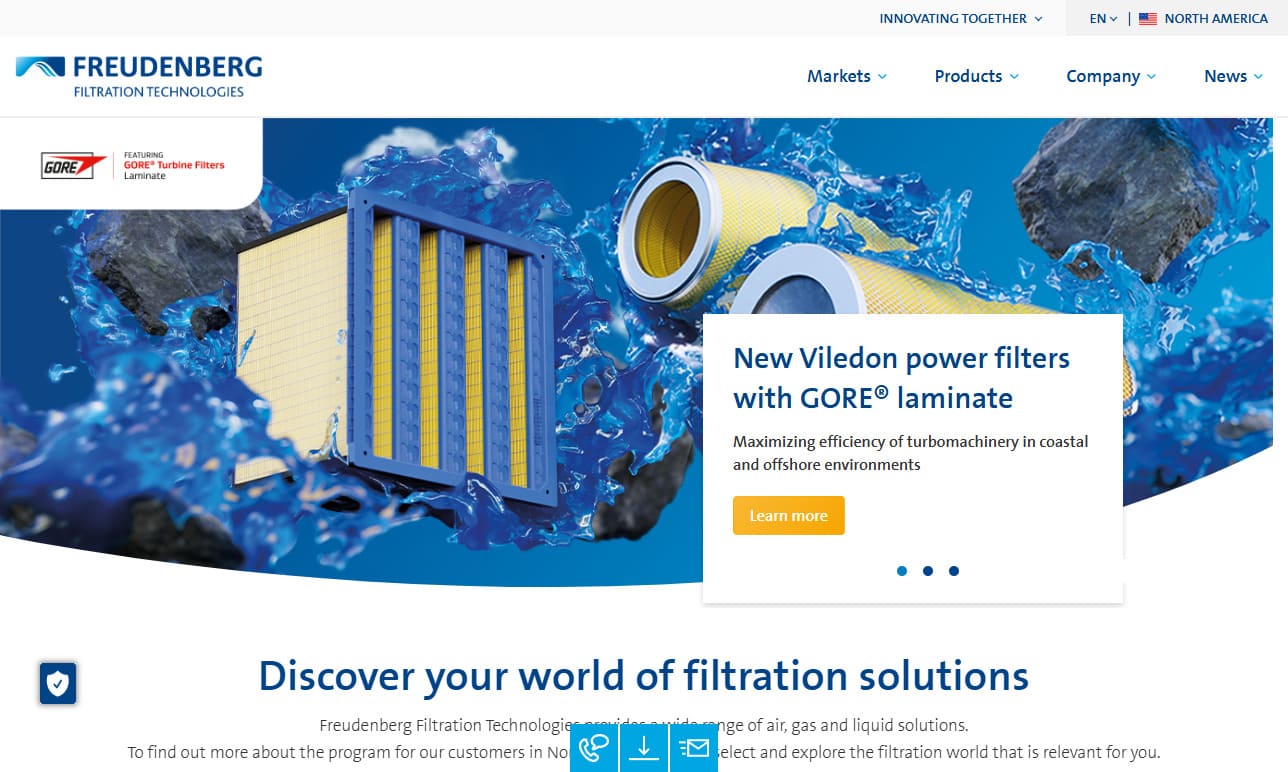
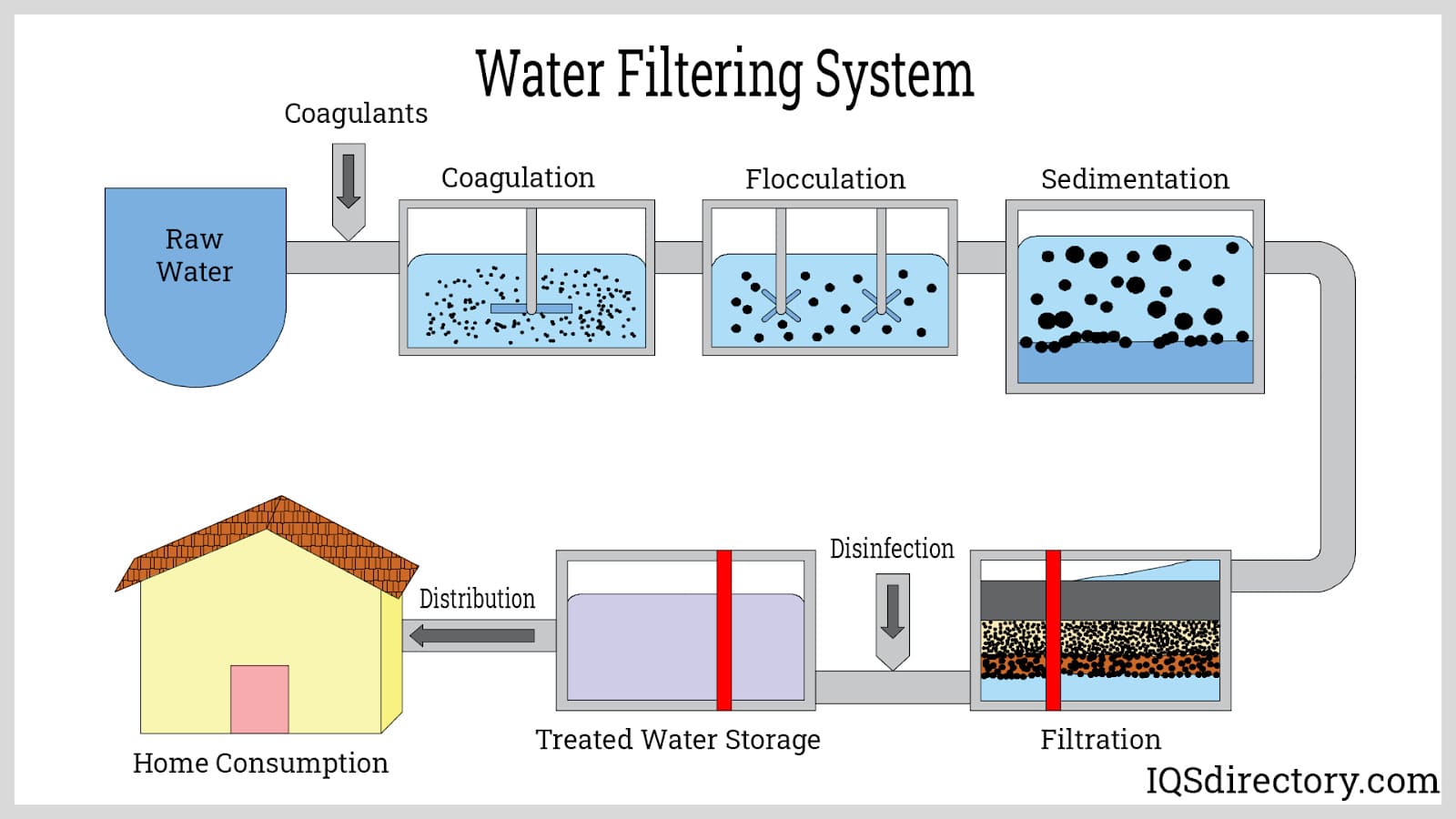
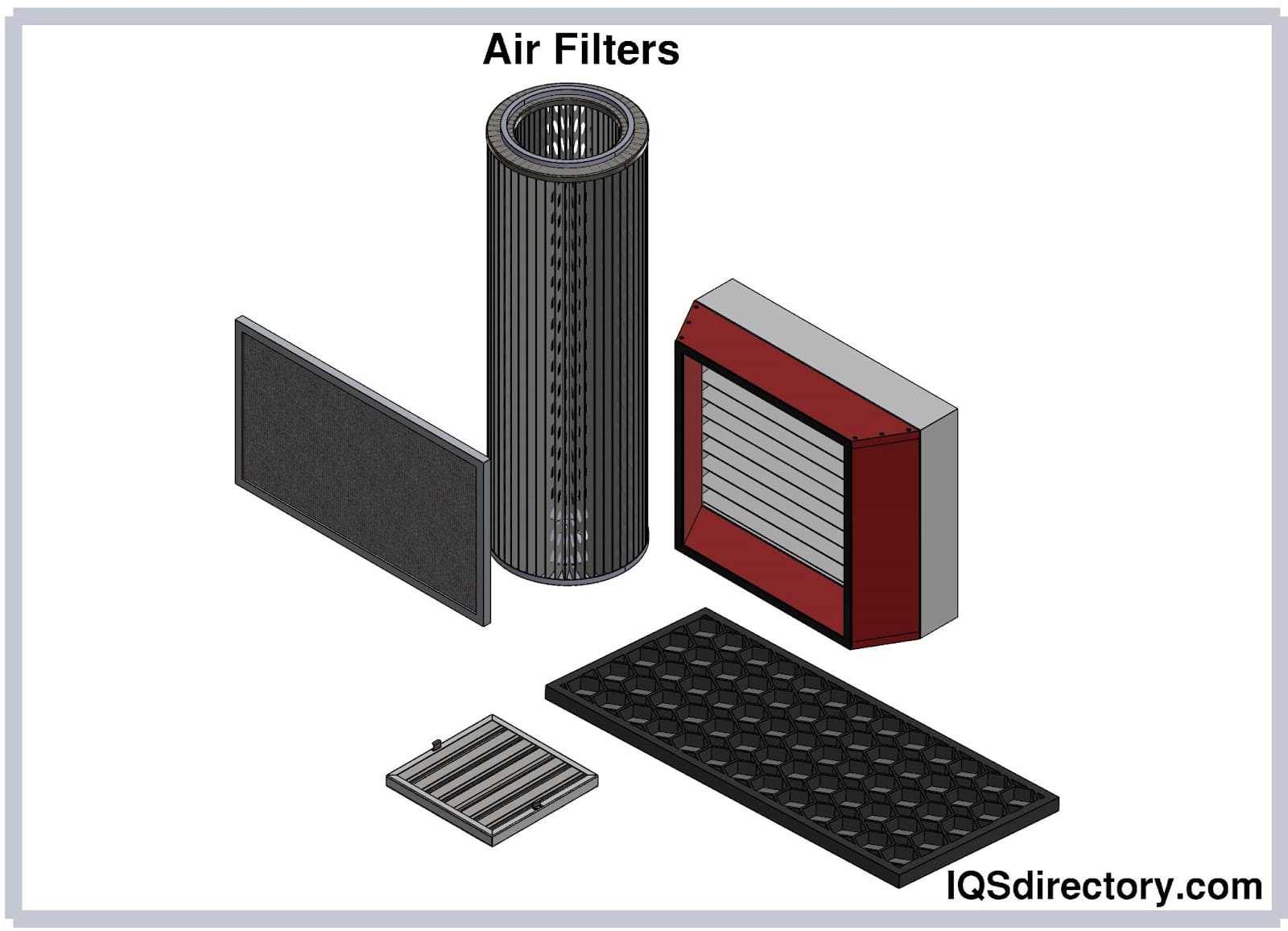
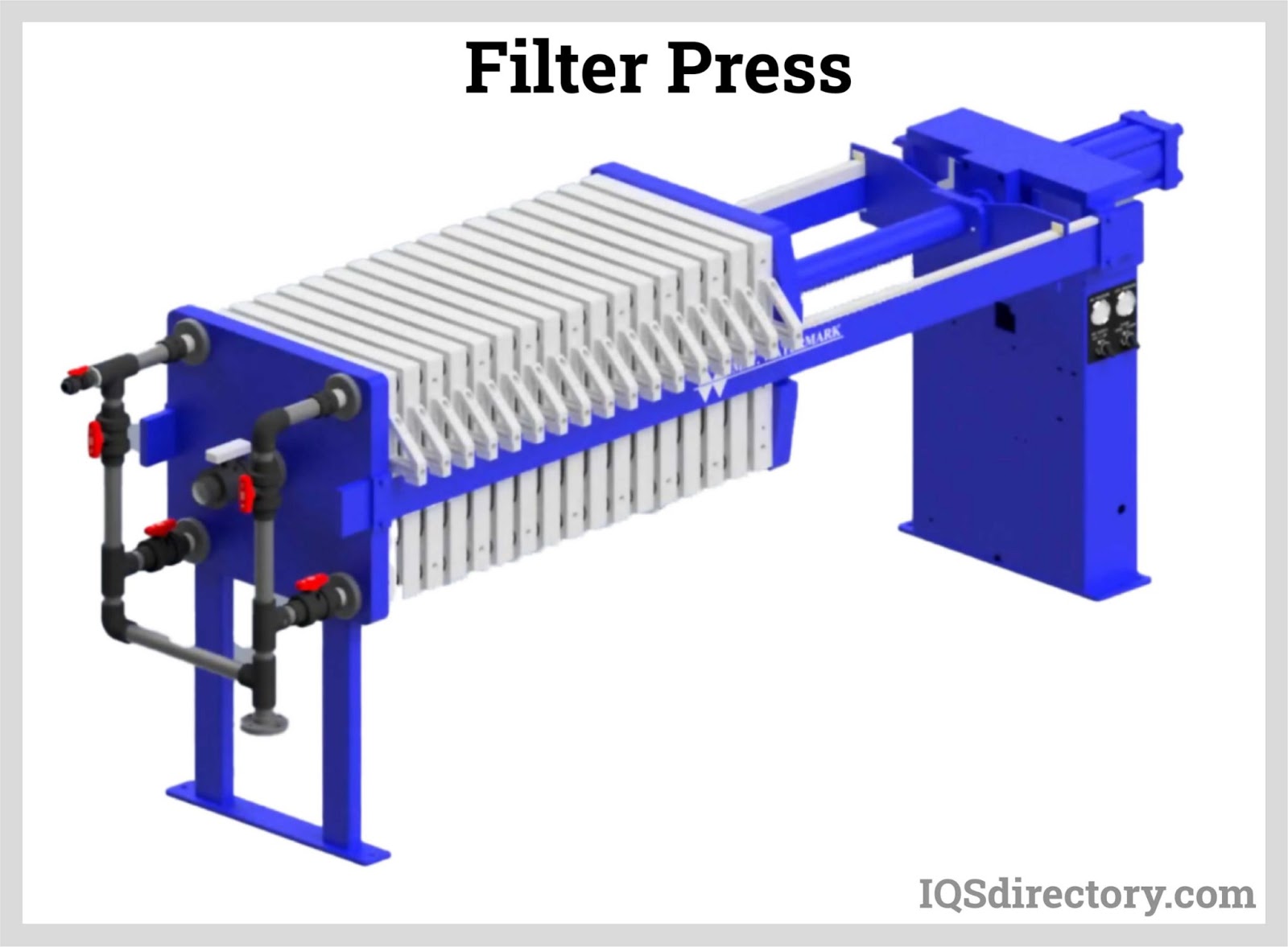
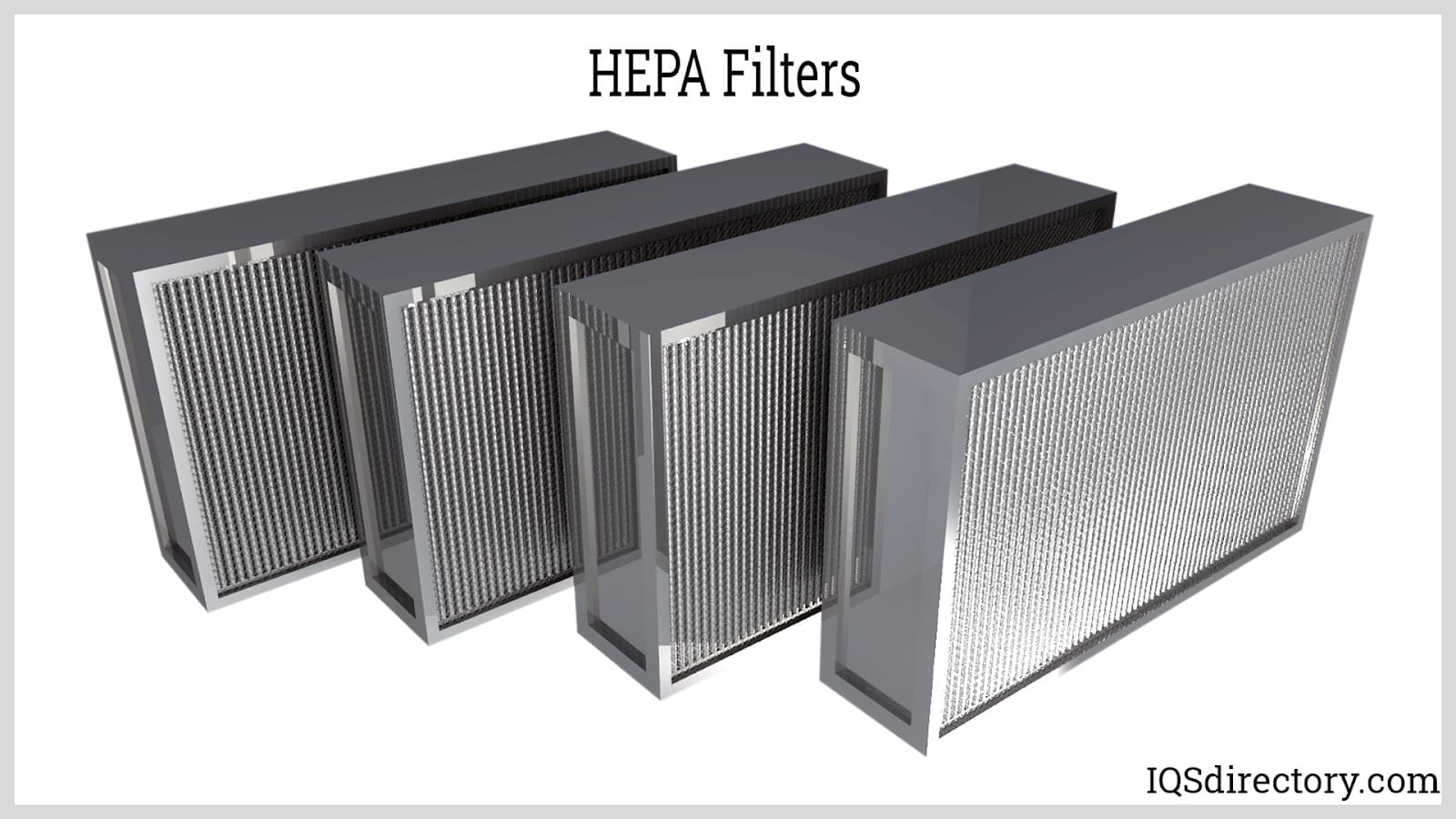
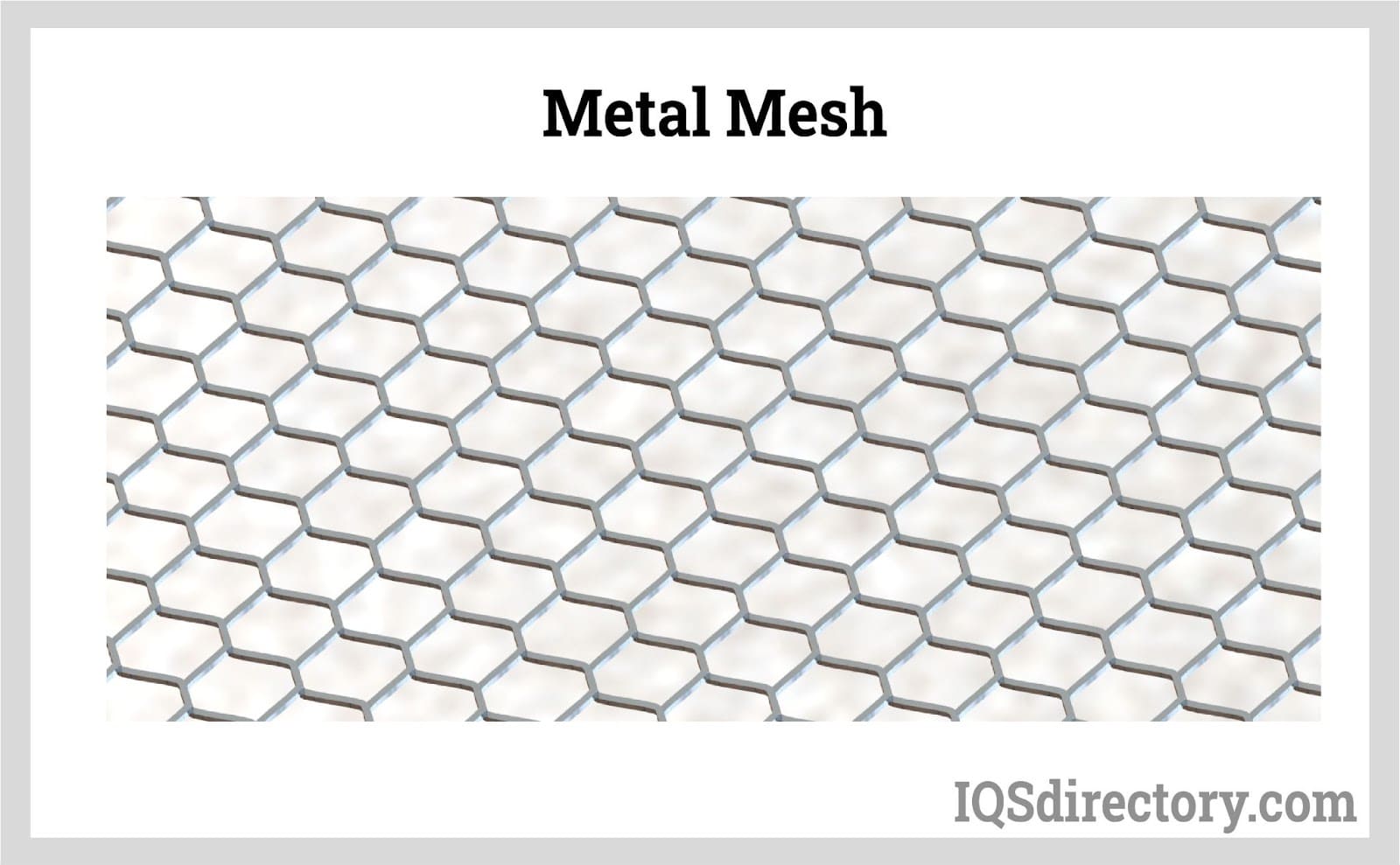
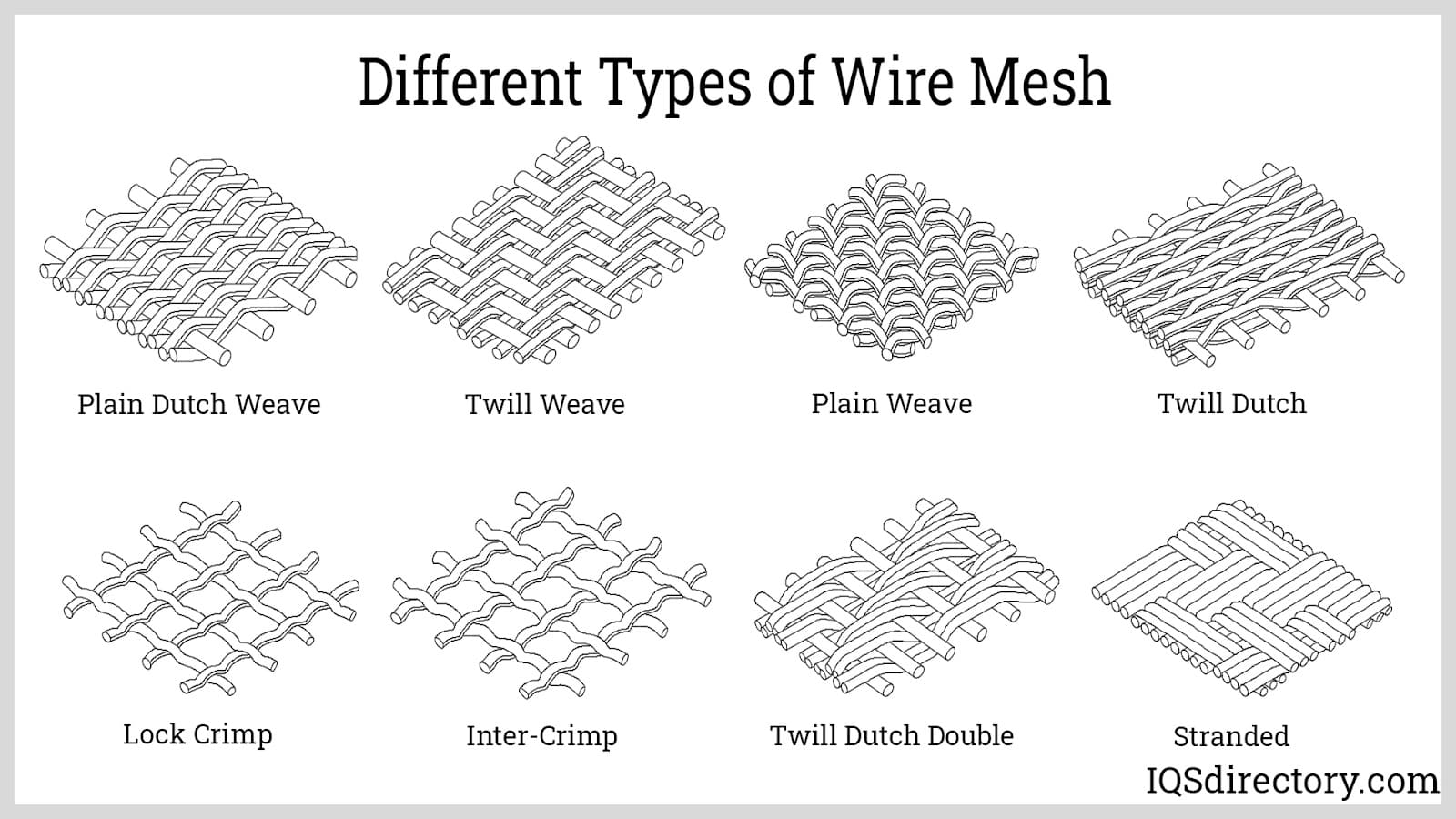
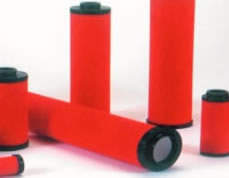 Air Filters
Air Filters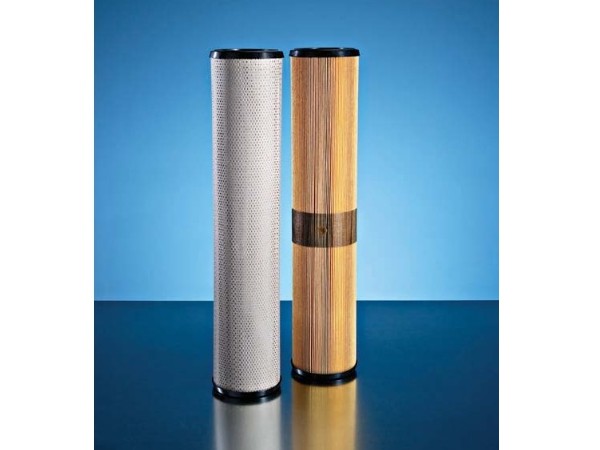 Liquid Filters
Liquid Filters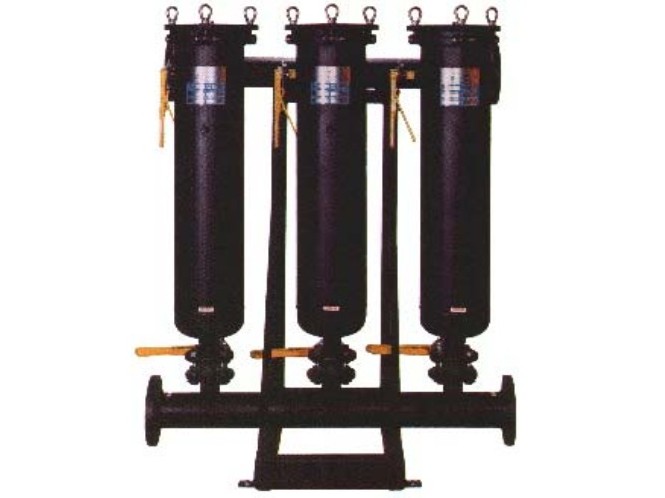 Filtering Systems
Filtering Systems Castings & Forgings
Castings & Forgings Bulk Material Handling
Bulk Material Handling Electrical & Electronic Components
Electrical & Electronic Components Flow Instrumentation
Flow Instrumentation Hardware
Hardware Material Handling Equipment
Material Handling Equipment Metal Cutting Services
Metal Cutting Services Metal Forming Services
Metal Forming Services Metal Suppliers
Metal Suppliers Motion Control Products
Motion Control Products Plant & Facility Equipment
Plant & Facility Equipment Plant & Facility Supplies
Plant & Facility Supplies Plastic Molding Processes
Plastic Molding Processes Pumps & Valves
Pumps & Valves Recycling Equipment
Recycling Equipment Rubber Products & Services
Rubber Products & Services